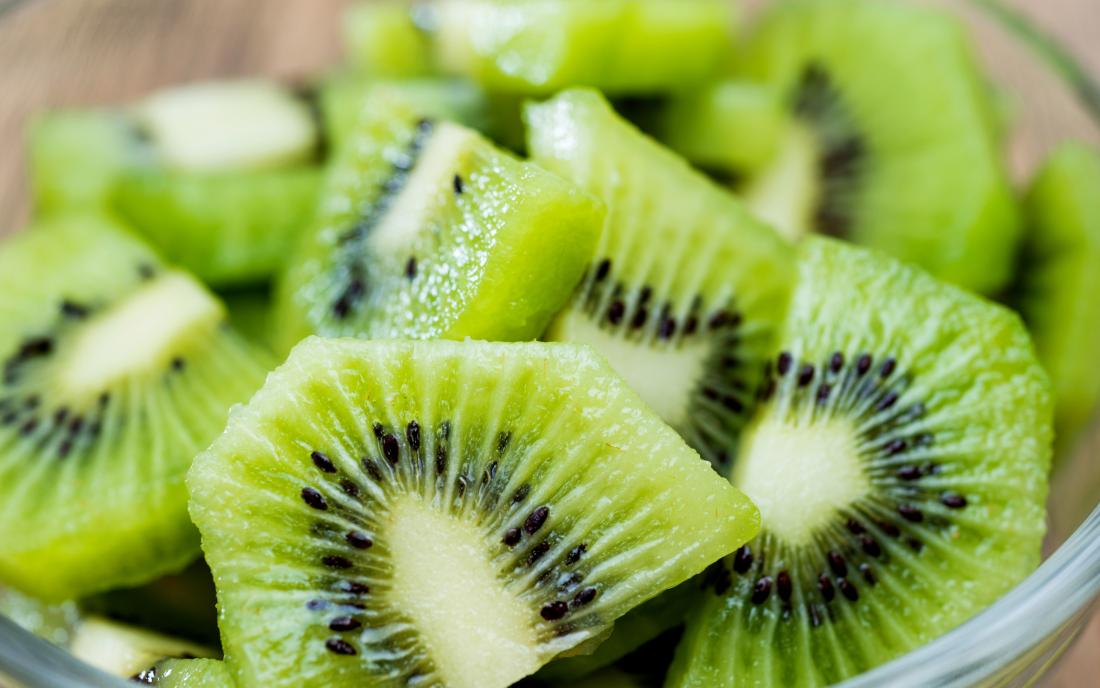



Kiwifruit is predominantly discovered in the southern states of Australia. Moreover, a larger volume is sourced from imports rather than exports. The best months to grow these fruits are between March and July. This fruit is available all year-round due to the great volume of imports, majorly from New Zealand.
Kiwifruit occurs mainly in the southern states of Australia. The major production area, currently, is the Goulburn Valley region in Victoria.
The kiwi typically grows in the shape of an oval and is roughly around the size of a typical chicken egg. Its skin is camel-coloured, fibrous, and coated in a light fuzz. Despite its fuzzy covering, the kiwi’s skin is edible and tart. The kiwi’s flesh is bright green with a unique but pleasing texture and rows of distinctive tiny black seeds, which can also be eaten. Kiwis have a sweet, tart, and bold taste — making them a popular addition to a healthy breakfast or lunch.
Australia is majorly a net importer of kiwifruits. This nation typically imports approximately 20,000 to 24,000 tonnes per year. For the year ceasing in June 2020, Australia has imported 22,883 tonnes of this fruit. Additionally, in 2020, 49% of this fresh fruit was exported to Germany and 29% was sent to Hong Kong.